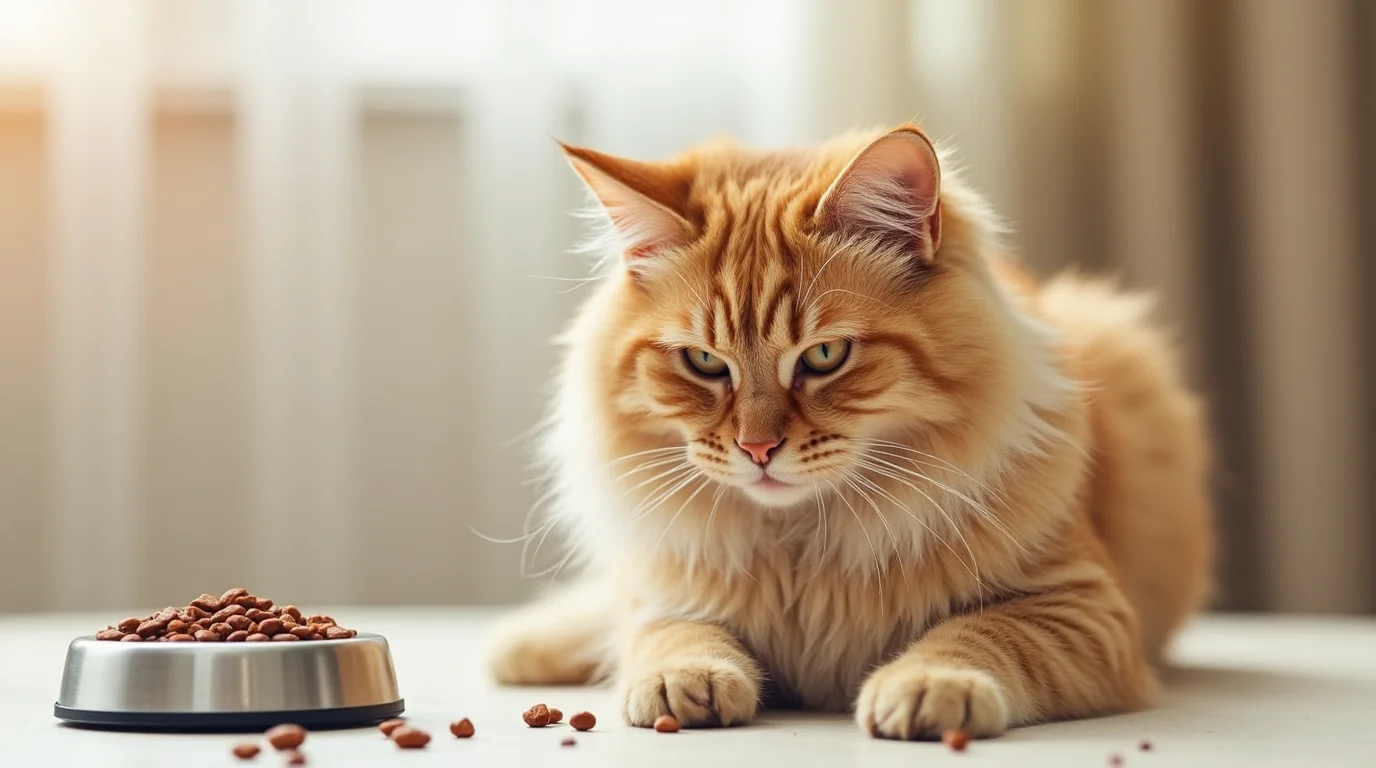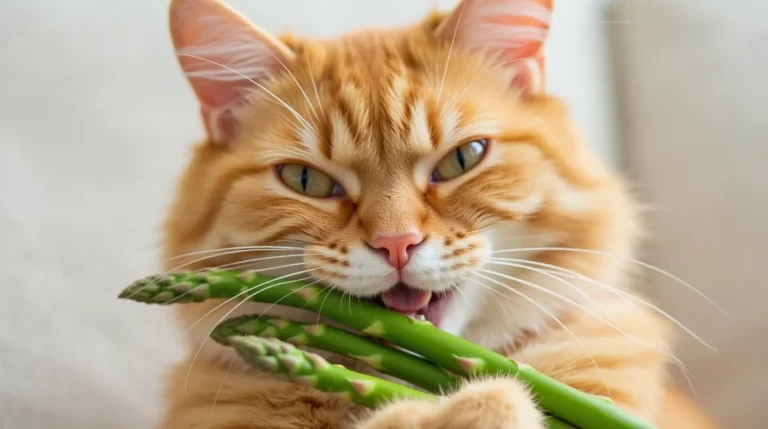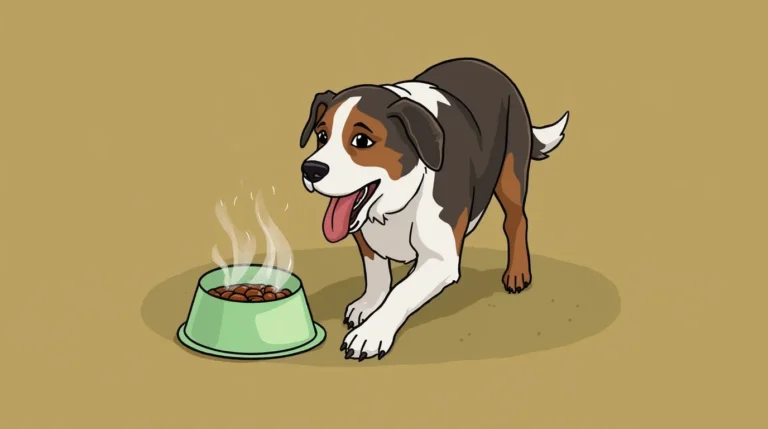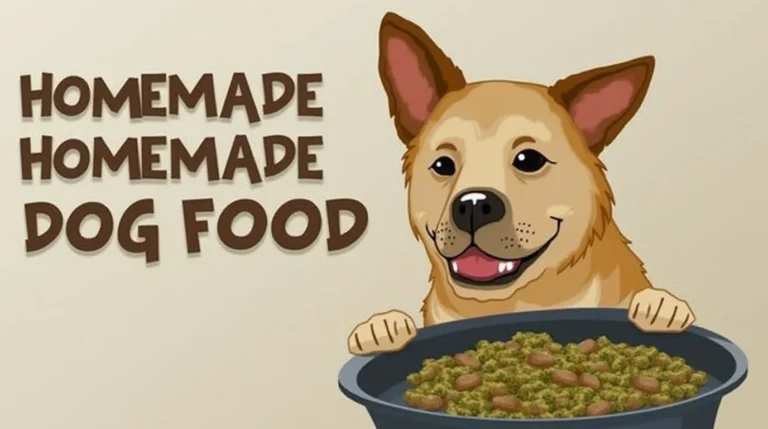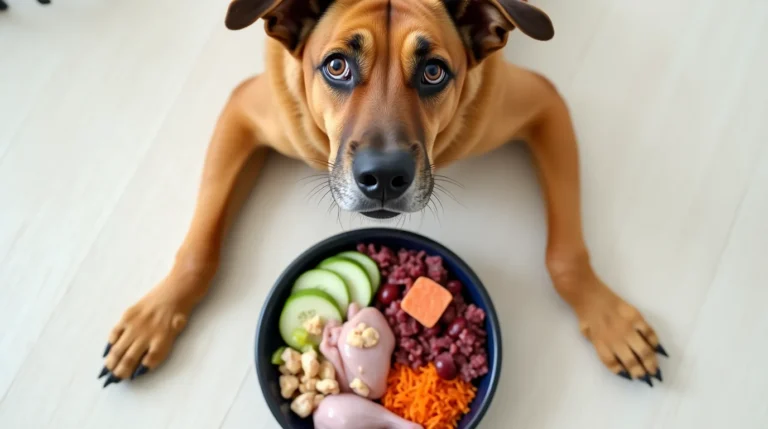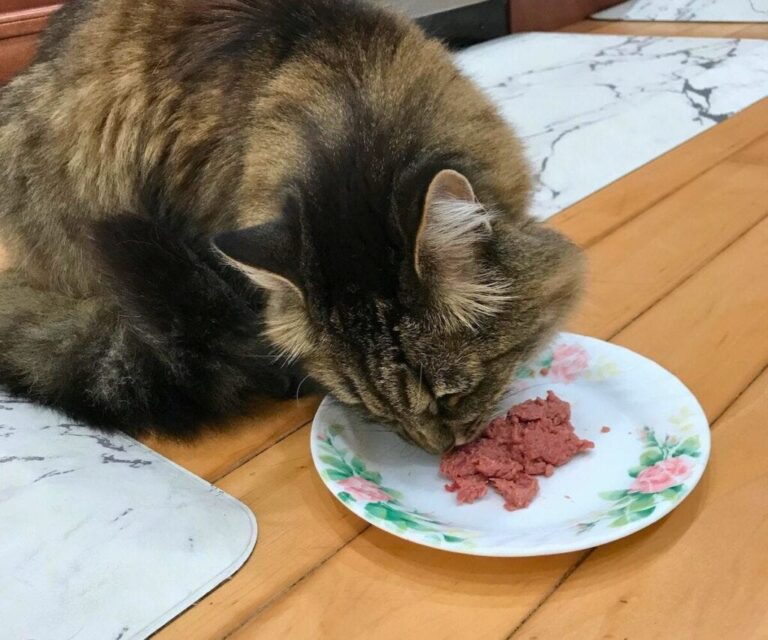Table of Contents
Hyperthyroidism is a common condition in older cats, caused by an overactive thyroid gland that produces excessive thyroid hormones. This leads to symptoms such as weight loss, increased appetite, hyperactivity, and muscle wasting. While medication and surgery are treatment options, diet plays a crucial role in managing this condition.
A hyperthyroidism in cats diet focuses on controlling iodine intake, maintaining muscle mass, and ensuring overall well-being. In this guide, we’ll explore the best dietary choices for cats with hyperthyroidism, including recommended foods and key nutrients.
Why Diet Is Important for Cats with Hyperthyroidism
Cats with hyperthyroidism have an accelerated metabolism, causing rapid weight loss and muscle depletion. A proper diet can:
- Regulate thyroid hormone production – By controlling iodine intake.
- Support muscle maintenance – With high-quality, easily digestible protein.
- Prevent malnutrition by ensuring you include essential vitamins and minerals.
- Improve hydration – Since hyperthyroid cats often suffer from dehydration.
Choosing the right diet for cats with hyperthyroidism can slow the disease and improve your cat’s quality of life.
Key Nutrients in a Hyperthyroidism Diet for Cats
1. Low Iodine Levels
Iodine is essential for thyroid hormone production. Reducing iodine intake helps limit excessive hormone production, stabilizing thyroid function.
2. High-Quality Protein
Since hyperthyroid cats lose muscle quickly, they need a high-protein diet. Choose easily digestible animal-based proteins like chicken, turkey, and fish.
3. High-Calorie Content
Cats with hyperthyroidism burn calories rapidly. A calorie-dense diet prevents excessive weight loss and ensures they maintain energy levels.
4. Balanced Omega-3 & Omega-6 Fatty Acids
These fatty acids support heart and kidney health, reducing inflammation caused by hyperthyroidism.
5. Increased Moisture Intake
Hyperthyroid cats are prone to dehydration. Wet food or adding water to meals can help maintain proper hydration levels.
Best Foods for Cats with Hyperthyroidism
Veterinary-prescribed diets are ideal for managing hyperthyroidism. Some top choices include:
- Hill’s Prescription Diet y/d – A low-iodine formula that helps regulate thyroid hormone levels.
- Royal Canin Aging 12+ – Supports senior cats with hyperthyroidism and maintains muscle mass.
- Blue Buffalo Wilderness High Protein – Provides essential nutrients for muscle maintenance.
If prescription diets are not available, talk to a vet. They can suggest homemade diet options. These should focus on controlled iodine intake and high protein levels.
Foods to Avoid
Certain foods can worsen hyperthyroidism and should be avoided:
- High-iodine foods – Fish, seafood, and iodine-enriched foods.
- Low-protein diets – Can lead to severe muscle loss.
- Excessive carbohydrates – Can contribute to weight fluctuations and metabolic stress.
A hyperthyroidism in cats diet should be carefully planned to prevent worsening symptoms.
Transitioning Your Cat to a Hyperthyroid-Friendly Diet
Changing a cat’s diet can be challenging, especially if they are picky eaters. Follow these steps for a smooth transition:
- Introduce Slowly – Mix the new food with their current diet over 7-10 days.
- Ensure Palatability – Choose flavors and textures your cat enjoys.
- Monitor Weight & Symptoms – Track progress and adjust as needed.
- Consult Your Vet – Before making any major dietary changes.
Conclusion
A hyperthyroidism in cats diet is an essential part of managing your cat’s thyroid health. By eating low-iodine, high-protein, and nutrient-rich foods, your cat can keep a healthy weight and energy. This will also help their overall well-being.
Always talk to your veterinarian before changing your cat’s diet. This helps ensure your cat gets the best nutrition for their needs.
By choosing the right diet, you can improve your cat’s life. This can also help them manage hyperthyroidism better.

